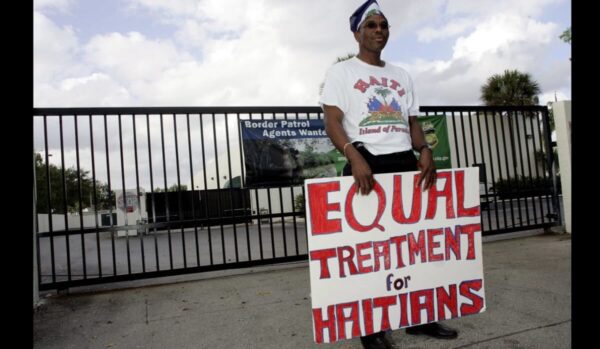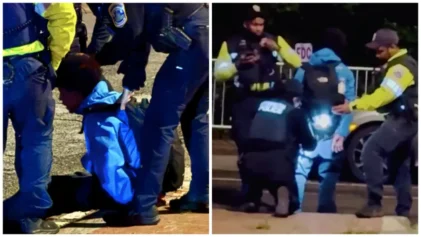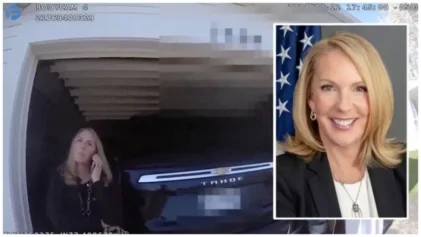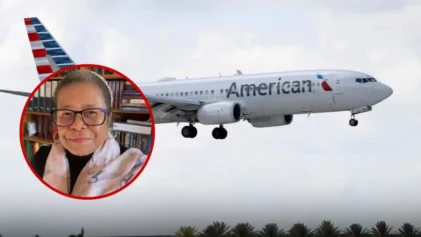A federal judge in Indiana heard arguments in a class-action suit filed on behalf of five Haitian residents who challenged a new state law that exclusively permits Ukrainian immigrants to obtain driver’s licenses.
The legal claim, filed in August against the Commissioner of the Indiana Bureau of Motor Vehicles, argues the law’s provision restricting eligibility to individuals from Ukraine is discriminatory and thus unconstitutional, according to the Indiana branch of the American Civil Liberties Union and the National Immigration Law Center, whose attorneys will represent the five plaintiffs.
Under the existing law, only immigrants on humanitarian parole from Ukraine can get driver’s licenses and ID cards, while the lawsuit seeks to compel the Bureau of Motor Vehicles to extend this privilege to immigrants from other countries.

Four of the five Haitian immigrants who filed the suit are in the United States while on humanitarian parole — a status granted due to distinct crises that triggered mass migrations from both the island nation and Ukraine in the past year or more.
State records show 136 individuals who were granted humanitarian parole from Ukraine between February and September 2022 have obtained driver’s licenses under the new law.
Attorneys for the plaintiffs assert that the law violates the Civil Rights Act of 1964, as well as the equal protection clause of the 14th Amendment to the U.S. Constitution, contending that the restrictive law establishes a system of distinct migration categories, which potentially encroached on the federal government’s immigration authority.
On the other hand, the state claims the license provision aligns with federal law and reflects preconditions in the Additional Ukraine Supplemental Appropriations Act, enacted by Congress earlier this year.
The state argues that the restrictions in the law only apply for a certain time period, so it’s not open to everyone from Ukraine, but the attorneys for the plaintiffs claim the time restrictions were designed to exclude other groups.
The suit claims the state of Indiana is using the law for national-origin discrimination as it grants individuals from the Ukraine the opportunity to obtain an ID while denying the same privilege to Haitian refugees.
“Our clients are being denied access to state-issued IDs solely because they are Haitians and not Ukrainians,” said ACLU of Indiana senior attorney Gavin Rose. “Non-Ukrainians on humanitarian parole are left struggling to get to work, to keep medical appointments, to take children to school, and more, all because they cannot drive.”
Following the arguments, U.S. District Court Judge Tanya Walton Pratt indicated she would issue a ruling at a later date.
Court documents reveal that four of the five Haitian immigrants reside in rural areas that don’t have public transportation, creating challenges in performing routine activities like accessing essential services or running errands. The last plaintiff is a minor who wants an official ID card.
The lead plaintiff in the case said he traveled to the United States with the goal of sending back money to help his family still residing in Haiti, where widespread violence has engulfed the nation since the assassination of President Jovenel Moise in July 2021.
“I just want to be self-sufficient, self-reliable,” said 25-year-old Jeffson Saint-Hilaire, according to The Associated Press. “But how can I do that without a driver’s license?”
Saint-Hilaire took a job as an electrician’s assistant after he arrived in the United States in March, and he has since picked up a second income as an interpreter. However, transportation restrictions have forced him to miss regularly scheduled job assignments, the complaint says.
“It’s very important for me. And not just me, but all these people here on humanitarian parole to get access to these driver’s licenses,” he said.


